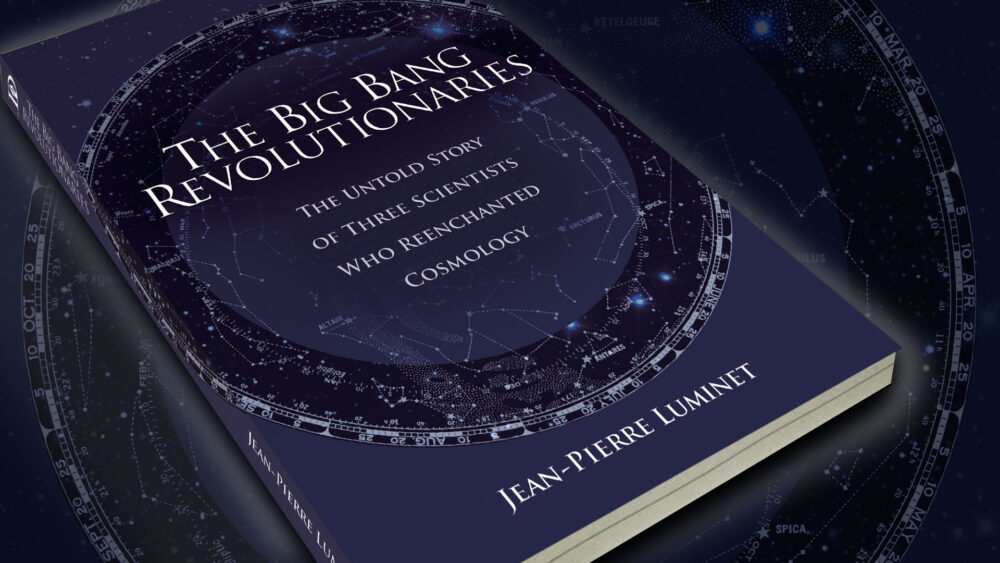


The Humble Origins of the Big Bang Theory

The Real Heroes of the Big Bang Revolution

A Reading From The Big Bang Revolutionaries

David Berlinski on the Immaterial, Alan Turing, and the Mystery of Life Itself

James Tour and Stephen Meyer on the Origin of Life, Pt. 3

Guillermo Gonzalez on the First-Ever Imaging of a Black Hole
On this episode of ID the Future, Jay Richards interviews astronomer Guillermo Gonzalez on the first images ever taken of a black hole, released to the public early in April 2019. Not that it’s exactly an “image,” for as Gonzalez explains, no light can escape a black hole. But this massive object — equaling billions of suns in mass — in the M87 galaxy still provides important information, adding to the list of confirmations for Einstein’s Theory of General Relativity, which also provides further support for Big Bang cosmology. And that, in turn, tells us our universe isn’t infinitely old — so where did it come from, if not an intelligent designer?